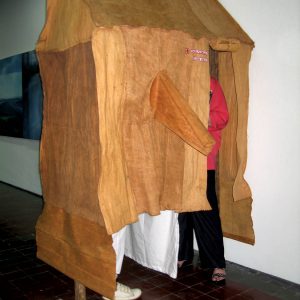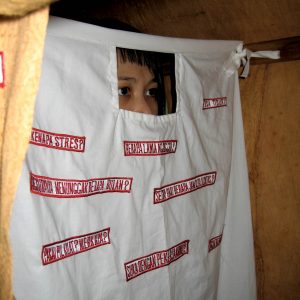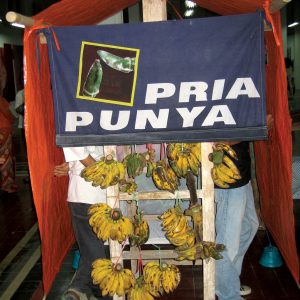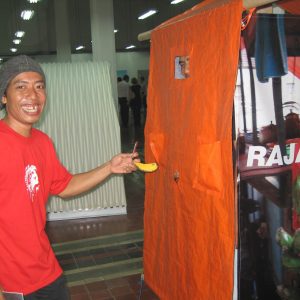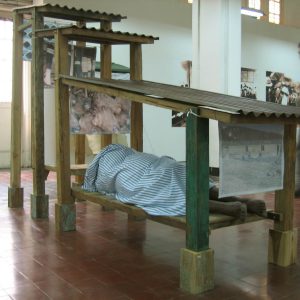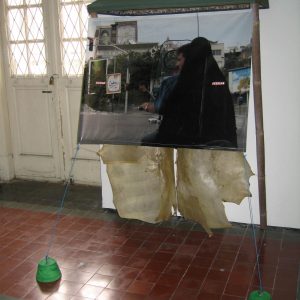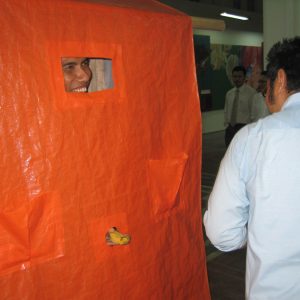In Citysins I want to show different aspects of the search for secure mental spaces related to the insecure urban environment.
The city itself has the image of disruption, arrogance, decadence, centricity, frivolity, chaos, and destruction. Recklessness, lust for power, free-thinking, individualism, and the attractive power of money are all associated with people living in the city. ‘Citysins’ is about the need of consulting. The city is the gathering place for trade and sins, and building a city brings the consequences of fear of attack and annihilation. Surviving in a city requires an inner strength to deal with stress and uncertainty. Myths of destroying the city have existed as long as people have built cities and conducted businesses, amassed wealth and knowledge (Babylon).
As Ian Muruma and Avishai Margalit wrote in their book ‘Occidentalism, the west in the eyes of their enemies’: “Trade is of course not a Western invention, but modern capitalism is. Trade as a universal system- that has its origin in the most important cities in the West, and conquered old and new world empires with the pretension to create a worldwide civilization – is in the eyes of those that consider themselves as guards of tradition, culture and religion, a plot to destroy everything that is profound, authentic and spiritual.” The belief in improvement, from the western point of view, is seen as enlightenment (French Revolution). Leon Trotski saw the history of capitalism as a victory of the city over the countryside. The godless (read westernized) city against the righteous countryside.
